The Week in Review, March 17-23
A roundup of the week's main stories

Florentin Căpitănescu, 22.03.2014, 14:04
Romania reacts to Crimea’s annexation by Russia.
Given the exceptional situation created by the annexation of Crimea by Russia, the Romanian political class was quick to react. President Traian Basescu, the main critic of Russia in the Romanian political arena, disapproves of Crimea’s annexation by Russia and accuses Vladimir Putin of redrawing borders in Europe in an attempt to recreate the Soviet Union. The Romanian PM, Victor Ponta, also expressed hope that the West would have an adequate reaction to Russia’s military intervention, as the PM fears Russia could also want to annex other territories as well. The Romanian Foreign Ministry believes that Crimea’s annexation could thwart the decades-long efforts to bring peace to the European continent. Bucharest also reiterated that the absorption of Crimea was an illegitimate act, which breaches Ukraine’s independence, sovereignty and territorial integrity. Although it lacks decision-making instruments, the opposition in Bucharest also expressed its views on the matter. Thus, the Liberal Party and the Liberal Democratic Party in opposition claim that Romania should coordinate its actions with its EU and NATO allies. Actually, at the European Council, where Romania was represented by President Traian Basescu, the EU added new names on the list of Russian officials subject to sanctions.
Romania supports Moldova’s EU accession
The complicated regional context has entailed a necessary meeting between the presidents of Romania and the Republic of Moldova, Traian Basescu and Nicolae Timofti respectively. In Iasi, in eastern Romania, the Romanian president expressed disappointment at the fact that Moldova, although it initialed the Association and Free Trade agreements with the EU in November 2013, has not yet been given a date by which it could become a full fledged member of the EU, of course depending on the pace of reforms made by Chisinau. The Romanian President added that the firm prospects of the Republic of Moldova’s and Georgia’s EU accession should be an absolute priority on the EU agenda. During the meeting, the Moldovan president expressed fears that Crimea’s annexation has not put an end to Moscow’s expansion ambitions and that Russia might have similar claims over Transdniester, a pro-Russian breakaway region in the east of the Republic of Moldova. Given the Crimean precedent, Chisinau needs security guarantees which the EU membership would certainly bring, the Moldovan president said. In the past years, after a pro-European coalition came to power in the ex-Soviet republic of Moldova, Romania has been a co-pilot for Moldova on its sinuous path to the EU, a path with two main obstacles: Russia and the Moldovan Communist Party.
The Schengen issue in the spotlight again
The latest report issued as part of the Mechanism for Cooperation and Verification, through which the European Commission monitors the developments in the Romanian and Bulgarian judicial systems, was approved this week by the General Affairs Council in Brussels. On the occasion, the Council hailed some of the conclusions mentioned in the January report, such as the positive performance of some key judicial institutions like the National Anti-Corruption Directorate and the National Agency for Integrity. The Council’s stand has a special relevance for Romania, given that its Schengen accession is conditional on the positive developments in the judiciary. However, Romania views it as rather unusual that its Schengen accession is conditional on the MCV report, and argues that it fully meets the technical conditions for accession.
New criminal investigation targets high-ranking officials
The series of investigations, trials and prison sentences involving national or local leaders or celebrities has continued this week. The president of Romania’s Chamber of Commerce and Industry, Mihail Vlasov, was taken into preventive custody, under charges of influence peddling. According to prosecutors with the National Anti-Corruption Directorate, Vlasov was caught taking 200 thousand euros in exchange for using his influence in a lawsuit at the Court of Arbitrage, where his daughter is a senior vice-president. The amount was the first installment of a one million euro bribe that Vlasov was supposed to get. In another development, the chairman of the Constanta County Council, Nicusor Constantinescu, is subject to anti-corruption investigations, for around 20 counts of abuse of office.




























